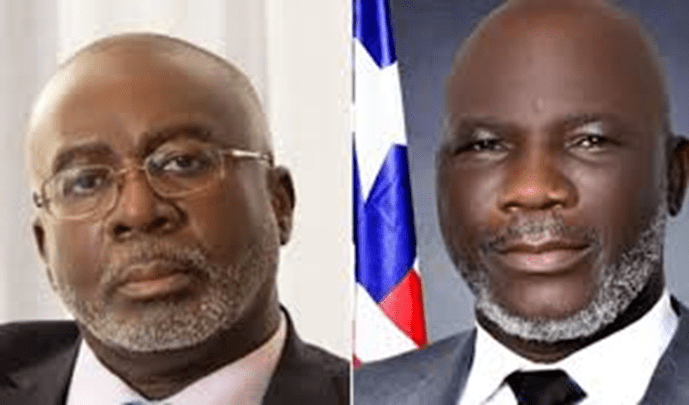The pursuit of truth in Liberia’s political landscape is a complex and often elusive endeavor. Misinformation is deeply entrenched, and discerning the truth requires a commitment to objectivity and a willingness to confront uncomfortable realities. This is particularly evident in the ongoing controversy surrounding the speakership of the House of Representatives, a situation reminiscent of Albert Einstein’s experience with the varied interpretations of his theory of relativity. Just as Einstein believed he was the best interpreter of his own work, so too do the factions in the Liberian House of Representatives cling to their own interpretations of the Supreme Court’s ruling on the speaker’s removal. This underscores the importance of seeking truth from the original source and engaging in respectful dialogue to overcome partisan divides.
A central question in this debate is whether Liberians truly desire to hear the truth and possess the civility to accept it, irrespective of their political affiliations. The ongoing dispute within the House of Representatives highlights a potential lack of this civility and a tendency to prioritize partisan interpretations over objective analysis. The minority bloc’s submission of a Bill of Information, rather than a Bill of Clarification, to the Supreme Court suggests a strategic misstep. A Bill of Information typically pertains to criminal charges, whereas a Bill of Clarification would have been more appropriate for seeking clarity on the Court’s ruling. This procedural error underscores the need for more astute legal counsel and a more strategic approach to resolving the dispute. Direct engagement with the Supreme Court for clarification, rather than relying on partisan interpretations, would have been a more prudent course of action.
The author argues that the minority bloc’s petition to the Supreme Court overlooked a crucial aspect of Article 49 of the Liberian Constitution, which mandates that the entire House of Representatives, not just a majority or minority bloc, should elect the speaker. This omission prevented the Court from addressing the legality of a factional election. Furthermore, the Minister of Justice’s offering of an opinion, rather than formally requesting clarification from the Supreme Court, is viewed as potentially contemptuous. Such actions raise concerns about the integrity of the judicial process and the potential for undue influence. The historical precedent of Counselor Christian Abayomi Cassell’s disbarment for a similar action further emphasizes the gravity of this procedural misstep.
A thorough examination of the High Court’s ruling reveals clear references to Articles 33 and 49 of the Constitution, emphasizing the importance of quorum and the proper procedures for removing a speaker. These articles, along with Rule 10 of the House and Article 38 of the Constitution, delineate the legal framework for such actions. The author argues that the removal of Speaker Koffa may have violated these established procedures, constituting an ultra vires act – an action taken beyond legal authority. The High Court’s order to revert to the status quo ante underscores the need to adhere to established legal processes. The subsequent actions by some members of the House, including electing a new speaker, reconstituting committees, and suspending members, are viewed as potentially contemptuous by the author.
The concept of “status quo ante” is central to understanding the High Court’s ruling. It mandates that the situation prevailing before the disputed actions be reinstated. Given the conflicting claims of victory by both factions, the status quo ante remains in effect. The author suggests that the High Court might consider the actions taken after their ruling as contemptuous. The author also references President Boakai’s call for sound and honest leadership, suggesting that the current situation in the House of Representatives falls short of these ideals. The author questions whether Liberian leadership, both past and present, truly embodies these principles, emphasizing the importance of actions aligning with words.
The author concludes with a call for reconciliation and adherence to the rule of law. A recommendation is made for both J. Fonati Koffa and Richard Koon to consider stepping aside to allow a fresh election for speaker, fostering unity within the House. The author emphasizes the need for a speaker who can bridge the divide between the majority and minority blocs. Finally, President Boakai is urged to reconsider his legal team and avoid using security forces against representatives, drawing parallels with unfortunate precedents in other African nations. The author’s closing remark, “Beware the Ides of March,” serves as a cautionary reminder of the potential for political turmoil if the current crisis is not addressed with wisdom and integrity.














